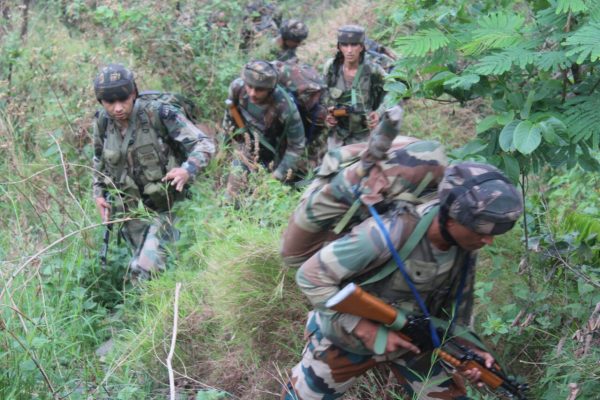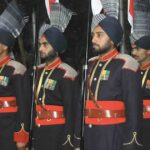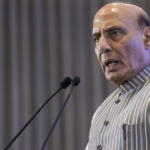
SOURCE: THE DIPLOMAT
As the activities of India’s secret Special Frontier Force continue to hog the limelight, an episode that has remained under wraps is the role it might have played in the operation undertaken by Bhutan years ago to flush out rebels from its territory.
A judgment delivered last year by a special court of the National Investigation Agency (NIA) against a functionary of the proscribed United Liberation Front of Asom (ULFA) said that the Special Frontier Force (SFF) assisted the Royal Bhutan Army (RBA) during Operation All Clear, which it launched in December 2003.
“Until recently, they had maintained camps in Bhutan, which were destroyed by the Royal Bhutan Army aided by the Special Frontier Force in December 2003. These camps housed combatants and non-combatant families of ULFA members,” said the judgement, delivered in Guwahati, the capital of Assam in India’s northeast. The ULFA functionary Gagan Hazarika was pronounced guilty and sentenced to six years of imprisonment.
Research & Analysis Wing (R&AW), India’s external spy agency, exercises control over SFF, which consists mainly of Tibetan and Gorkha paratroopers trained in mountain warfare. It came into existence in 1962 when the first batch of Tibetan volunteers in India were trained by the U.S. Central Intelligence Agency and India’s Intelligence Bureau.
Efforts to obtain the NIA’s charge sheet against Hazarika from the court in Guwahati were unsuccessful due to the pandemic. Sources claimed that the 76-page judgment has quoted extensively from the NIA charge sheet which furnished details of ULFA’s origin, history and activities in foreign territory.
Operation All Clear was launched on December 15, 2003 in several districts of southern Bhutan to flush out two banned rebel outfits from Assam – ULFA and the National Democratic Front of Boroland (NDFB) – and the Kamatapur Liberation Organisation (KLO), which was active in north Bengal. More than 40 big and small camps were established by these groups in the kingdom over a long span that began in 1989.
SFF’s role in Bhutan was unknown, although the involvement of the Indian Army was widely suspected by sections of the media, former rebels and the Assam police. In his book Operation All Clear: The Bhutan Chapter of Assam-India Conflict, written in Assamese, former ULFA functionary Tushar Pangging mentioned the involvement of the Indian army in the operation.
On December 18, the local media reported that a coffin wrapped in the Indian tricolor had arrived at a helipad of the army in Darranga on the Indian side of the border with Bhutan’s Samdrup Jhonkar where the biggest rebel camps were located. The national media also mentioned this episode.
While Indian government officials refused to comment on the mention of SFF in the judgment, former ULFA functionaries based at the camps in Bhutan before they were dismantled were certain about the secret force’s involvement in the operation, which lasted for close to two weeks.
“A large chunk of SFF consists of Tibetans and they were engaged in Operation All Clear dressed in the uniform of the Royal Bhutan Army. The most glaring evidence came from the precision of the shelling that destroyed the central and general headquarters of ULFA in Samdrup Jhonkar,” claimed a former rebel functionary who did not wish to be named, adding that “this could not have been done by an inexperienced force like the Royal Bhutan Army.”
Despite New Delhi’s continuing reminders to the contrary, Thimpu was reluctant to exercise the military option against the rebels owing to a combination of several factors. It was concerned over the security of its citizens who have to travel a long distance through Assam and Bengal in order to reach the western districts of Bhutan and for business purposes. The Royal Bhutan Army was considered ill-equipped and inexperienced to take on the militants who were armed with sophisticated weapons.
A retired Indian government official explained that an exhaustive plan was firmed up almost a year ahead of the operation after Thimpu decided to prepare for the offensive. “Additional battalions of the Royal Bhutan Army were raised and trained by the Indian army at Samdrup Jhonkar and Trashigang and officers underwent a specialized course at the Counter Insurgency and Jungle Warfare (CIJW) institute in Mizoram,” he said.






